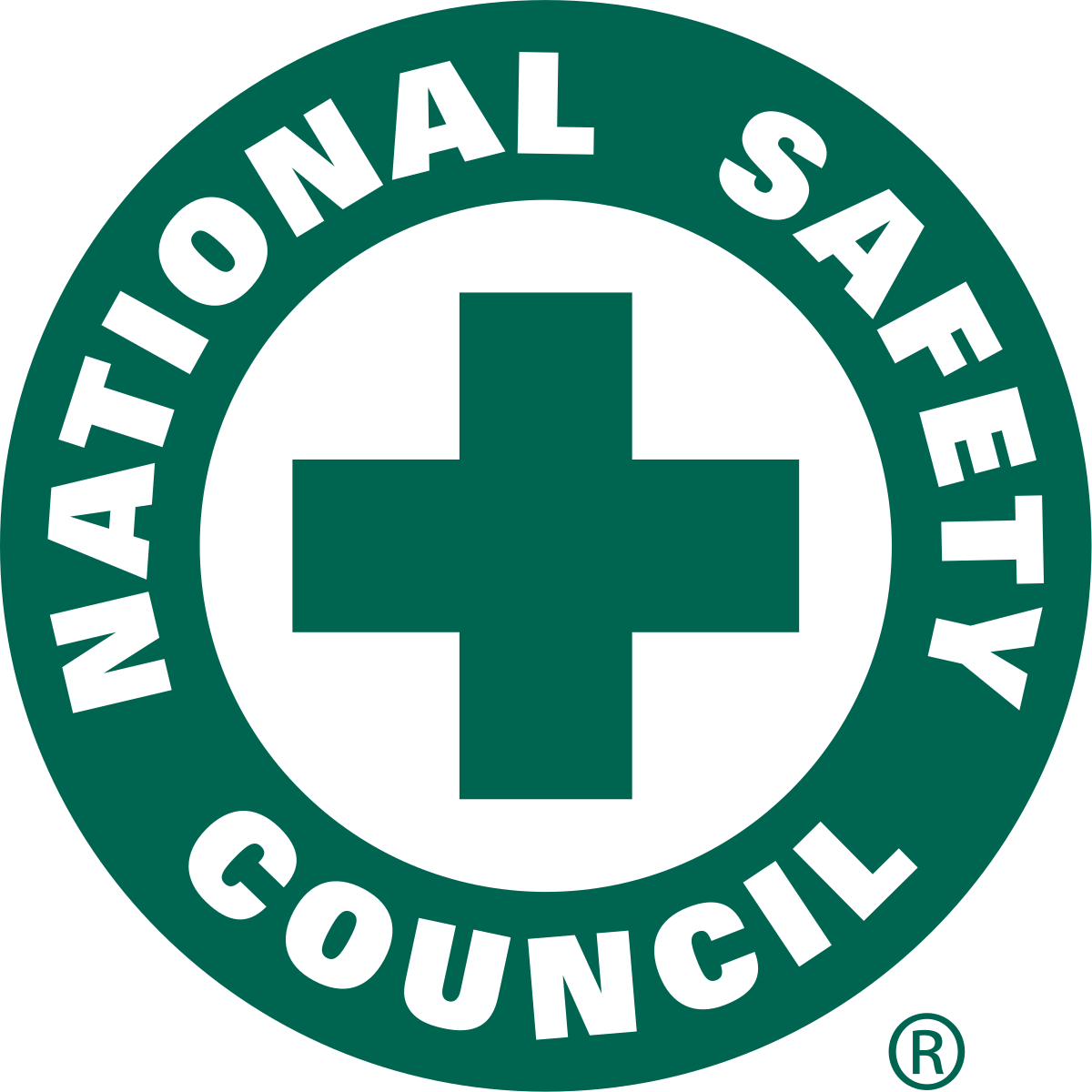The ever-changing status of marijuana legislation has made it increasingly confusing for both employers and employees to know how to address cannabis use in the workplace.
Currently, 33 states and the District of Columbia, have passed laws broadly legalizing marijuana in some form.
Plus, marijuana is not what it used to be. Edibles and other products make it difficult to detect and seem more unobtrusive and even harmless. Use of terms like medical marijuana can give the impression that consumption is doctor approved.
However, today’s marijuana is more potent than ever, heightening effects including disorientation and slowing reflexes. And, under federal law, marijuana remains an illegal Schedule I controlled substance.
So, it is hardly surprising that we hear from many employers who aren’t sure about what to do to maintain a safe work environment when it comes to marijuana.
Recently, the National Safety Council (NSC) released a statement reflecting the problematic issues at hand and offering guidance:
NSC Policy Position
Itasca, IL — The National Safety Council is calling on employers to restrict cannabis use among workers in safety-sensitive positions – regardless of whether cannabis consumption is allowed by their state, in a new policy position.
Studies have shown that workers under the influence of cannabis can experience impaired body movement, altered senses, difficulty thinking and problem-solving, impaired memory, an altered sense of time, changes in mood, and – when taken in high doses – hallucinations and delusions.
In 2019, NSC surveyed more than 500 employers about the effects of cannabis in the workplace. Results show that:
- 81% were concerned about the drug having a negative impact on their workforce.
- 71% indicated their organization’s written policies cover employee use of illicit cannabis, while only 54% said their policies cover employee use of legal or prescribed cannabis.
- 24% indicated they would dismiss an employee found to be misusing legal cannabis, such as being under the influence while on the job, while only 7% said they would relocate the employee to a position of lesser responsibility.
“Research clearly shows that cannabis impacts a person’s psychomotor skills and cognitive ability,” said Lorraine M. Martin, president and CEO of NSC, in an Oct. 21 press release. “In order to protect our employees and those around them, we need to acknowledge the impairing effects of cannabis. We urge employers to implement policies stating no amount of cannabis consumption is acceptable for those who work in safety-sensitive positions.”
TSS encourages all employers, not just those covered by DOT to insist on a safe, drug-free workplace and to understand the specific laws in your state. Ensure that your policies are current and well understood by your employees. If you need assistance with developing or updating your policies, contact TSS, Inc. The Safety Specialists. We can help.

